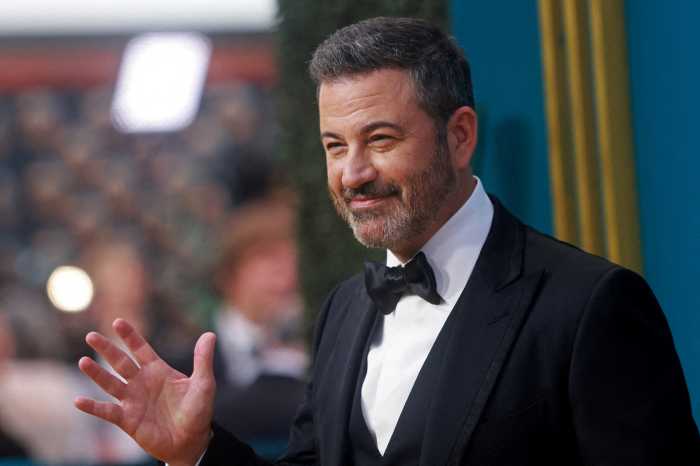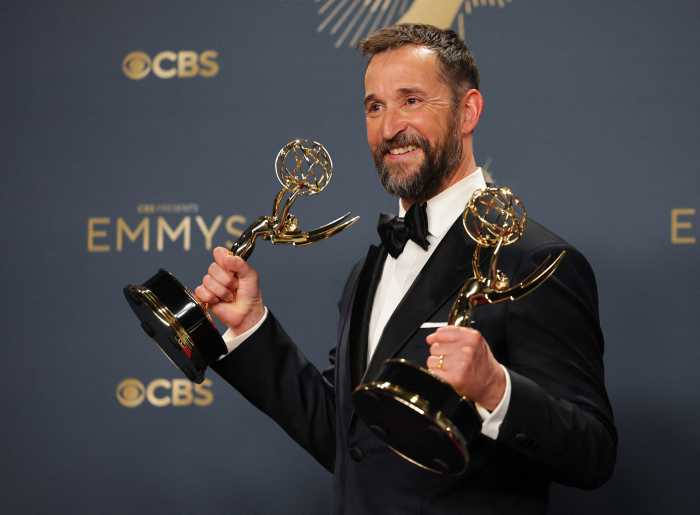By María Estévez, MWN
On April 28, season 4 of ‘The Handmaid’s Tale,’ one of the most socially and politically relevant shows, will be released. Metro had the opportunity to talk with Elisabeth Moss, the lead actress, producer and director of three episodes of the new season.
In the new season, the relationship between June and aunt Lydia is more intense. Why?
One of the themes that we deal with in this season is power, what real power means and who has it. Those were big themes in the book and in our show. Power isn’t always what it looks like. Power can be dangerous, it can be destructive and I think both, June and Lydia, are seeking power in their journeys, but perhaps in very different ways and with very different objectives.
How much did your life change during the filming of the show?
It actually has changed. Taking a new role as a producer was a big opportunity. I was very fortunate to be asked for it in the first season and I’ve learned a lot. In the very beginning, I said that I don’t want just the credit, I want to be able to participate, I want to be able to help, I want to be able to learn. And every day I am learning from all of our producers. So, that was the biggest change.
‘The Handmaid’s Tale’ was renewed for a new season. For how long could it last?
Right now we are so proud of our work and so excited about the story that I don’t know but as long as the story of June is interesting, we will be here. This season is delivering the idea that life is short, and it is especially relevant after what we went through with COVID-19.
What should viewers expect from this season?
We are following June’s passion, her relentless obsession for a change. It’s a very nomadic season. I will say that the first half of this season is definitely bigger than those we’ve done. It has been incredibly challenging. On a production level, it was really, really outside of our box. The first three episodes are going to be impressive. It’s one of those things where you’re going to think that something’s going a certain way in episode one, and then you’re going to have that change in episode two. Then, you’re going to have it change again in episode three, and you’re never going to quite be able to figure out where the series is going.
The Trump government has hovered the show since the beginning. Have you gotten any sense that in the future you should show the systemic problems in our society?
Part of this season is about getting back to normal. And the United States’ new political landscape post-Biden election is something that audiences will feel metaphorically in season four. There’s a lot of rage and anger. Many want to sweep under the rug. And so much of June’s journey is screaming into the wind. We will not forget! I’m only now realizing how relevant it is. So much of June’s journey is about a feeling of rage and anger about the desire to say everything is OK now, the desire to say everything is going to be fine and just forget things that just happened. I’ve been living inside of that character and now, through the questions, I see how relevant what is happening in the show is. I’m shocked.



























